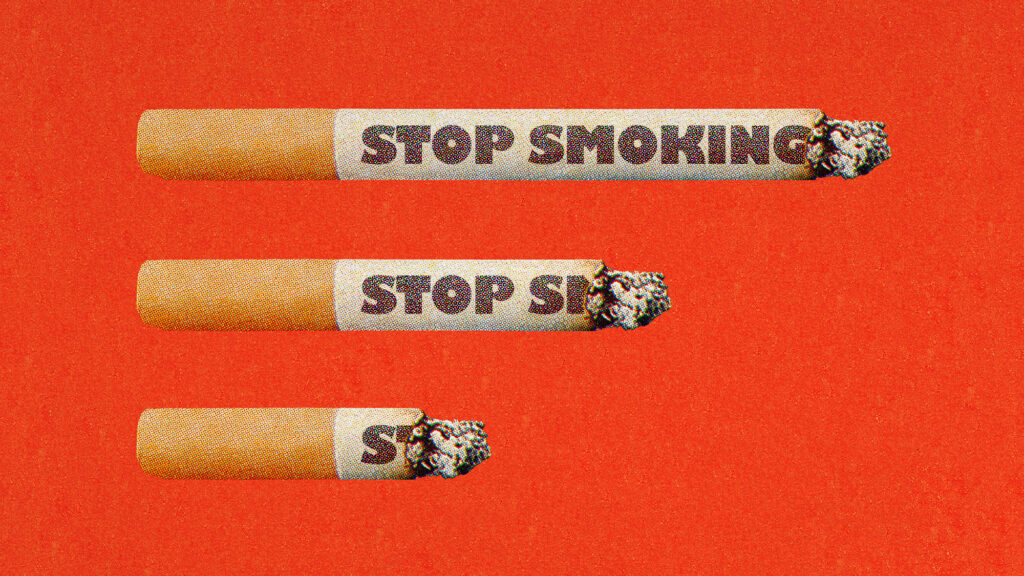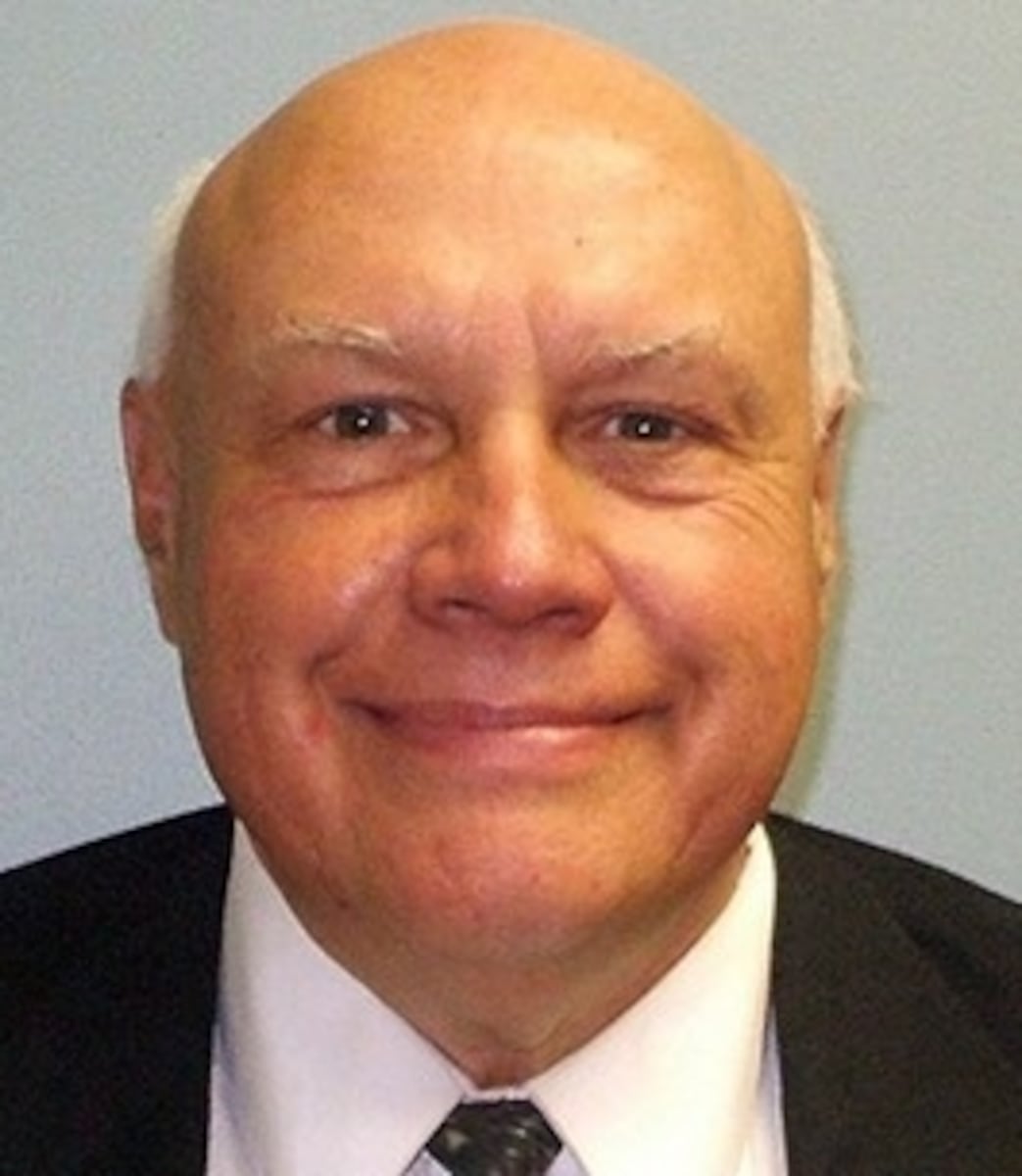
The U.S. government is set to discontinue the highly regarded Tips From Former Smokers campaign, a key anti-smoking initiative, due to recent funding cuts. This program, launched in 2012 by the Centers for Disease Control and Prevention (CDC), has successfully motivated millions of Americans to quit smoking. The campaign is scheduled to end in late September 2023, raising concerns about the potential increase in tobacco use and its associated health risks.
Impact of the Tips Campaign
The Tips From Former Smokers campaign was notable for its raw and impactful storytelling, featuring real-life accounts of individuals suffering from severe health issues caused by smoking. According to a study from July 2024, the campaign generated approximately 2.1 million additional calls to quitlines between 2012 and 2023. This statistic underscores the campaign’s success in driving public engagement and facilitating smoking cessation efforts.
Data from the CDC indicates that smoking remains the leading cause of preventable death in the U.S., responsible for around 490,000 deaths annually. Furthermore, over 16 million Americans live with a disease linked to smoking. This context amplifies the importance of continued public health campaigns aimed at encouraging smokers to quit.
The decision to end the Tips campaign stems from funding reductions implemented by the Trump administration. A CDC staff member from the Office on Smoking and Health expressed deep concern over this decision, stating to CBS News, “Ending the Tips campaign is a decision that will cost people their lives and American taxpayers millions of dollars in healthcare costs.”
Public Response and Future Implications
The cessation of this campaign has sparked significant public discourse. A recent Ipsos poll revealed that approximately 72% of Americans believe that anti-smoking advertisements are crucial for reducing tobacco use and promoting health. With the impending termination of the campaign, many health advocates fear a resurgence in smoking rates, particularly among youth.
A former CDC employee warned that without sustained efforts to combat tobacco use, there is a high likelihood that addiction rates will climb once more. “If we take our foot off the gas, what do we think will happen?” the individual stated to NBC News. “Tobacco use rates will increase among youth and fewer adults will quit. Because of that, people will die.”
The statistics are sobering: close to 90% of adults who smoke daily started before the age of 18, and two in five students who have ever used a tobacco product are still current users. The potential loss of the Tips campaign could eliminate a vital resource for encouraging individuals to seek help in quitting.
In summary, the discontinuation of the Tips From Former Smokers campaign marks a significant shift in the U.S. public health landscape. The impact of this decision will likely reverberate through communities, affecting both individual lives and broader healthcare costs as the nation grapples with the ongoing challenge of tobacco addiction.






